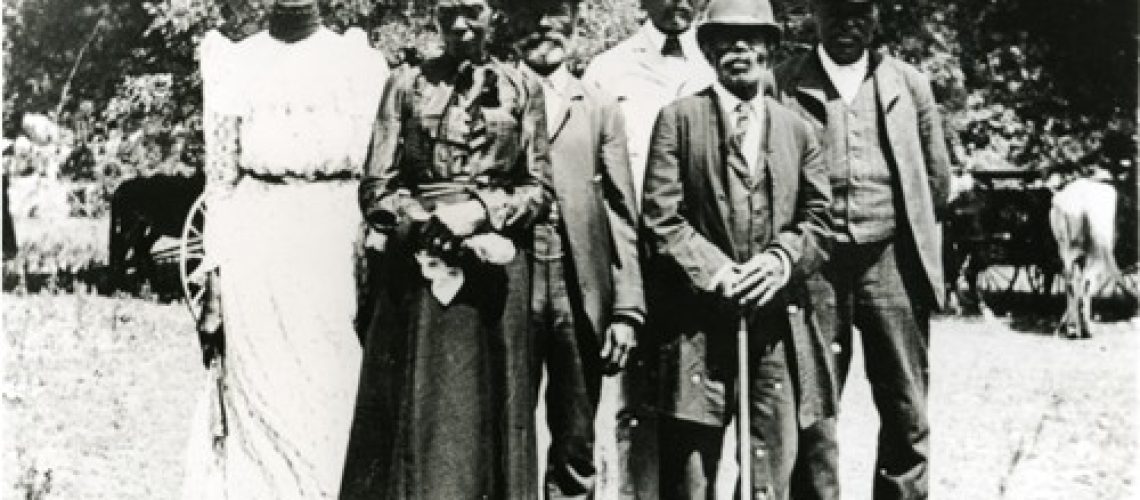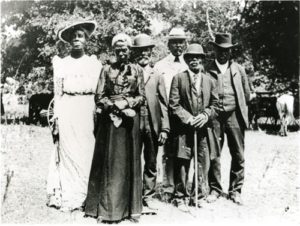Reclaim Juneteenth

JUNE DINNER
Wilmar, AR, a small community of about 500 people, is home to one of the largest Juneteenth celebrations in the country. The celebration in Wilmar is affectionately known as June Dinner. People from all over the country converge on this community to celebrate family, love, and emancipation of enslaved people in America. I’ve attended year after year and now my children celebrate the June Dinner tradition. The smell of barbecue, the sounds of motorcycles and blues, the feel of the thick Arkansas heat, a parade, and family reunions make up this yearly celebration. For as long as I can remember, I’ve celebrated Juneteenth, even before knowing the meaning of this day.
HISTORY OF JUNETEENTH
Legal slavery was the greatest human rights violation in the history of the United States. The physical and psychological trauma Black people experienced during this evil time in American history is a reality that is hard to imagine, and for some, hard to accept. The mix of public policy, protests, debates, and even a Civil War had to take place to try to change the trajectory of Black life in America.
After hundreds of years of chattel slavery, Lincoln signed the Emancipation Proclamation on January 1, 1863. But for some enslaved people, the news of the end of slavery didn’t become known until June 19, 1865. Thus, the holiday we know as Juneteenth was born and now celebrated every June 19th.
Yes, legal, chattel slavery ended in 1863, but unfortunately, the systemic marginalization of Black people in America morphed and a constant fight for emancipation has ensued. Generations of Americans experience the evil remnants of slavery and the terror Black people in America face is constant.
JUNETEENTH IN 2015
The gruesome massacre of Cynthia Hurd, Susie Jackson, Ethel Lance, Rev. DePayne Middleton-Doctor, The Honorable Rev. Clementa Pinckney, Tywanza Sanders, Rev. Daniel Simmons Sr., Rev. Sharonda Singleton, and Myra Thompson at Emanuel AME Church in Charleston, SC is a reminder of the evil nature of white supremacy. The massacre in Charleston gives Juneteenth a greater meaning.
This latest act of terrorism is a call to action to attach current causes to Juneteenth. Juneteenth is a time to reflect on our history, check our present social, economic, and political struggles, and plan for a future where life, liberty, and the pursuit of happiness is a reality for ALL people.
We can’t rest on the laurels of yesteryear, but rather we have to recommit ourselves to causes designed to emancipate us from our current, shared struggles. What better time to do this than Juneteenth!

Stephenson, Mrs. Charles (Grace Murray). [Emancipation Day Celebration, June 19, 1900], photograph, June 19, 1900; (https://texashistory.unt.edu/ark:/67531/metapth124053/m1/1/: accessed June 11, 2020), University of North Texas Libraries, The Portal to Texas History, https://texashistory.unt.edu; crediting Austin History Center, Austin Public Library.